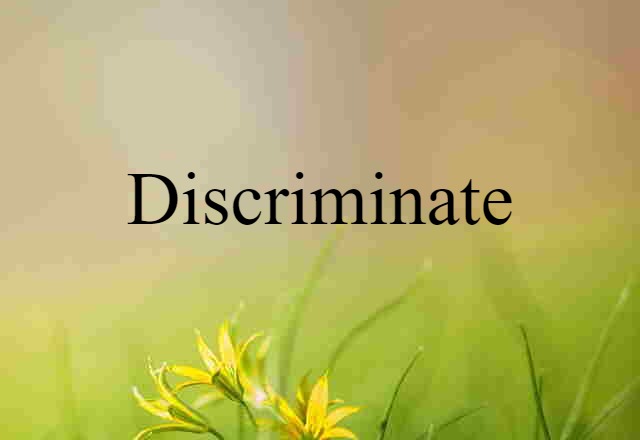- a surviving mark, sign, or evidence of the former existence, influence, or action of some agent or event; vestige: traces of an advanced civilization among the ruins.
- a barely discernible indication or evidence of some quantity, quality, characteristic, expression, etc.: a trace of anger in his tone.
- an extremely small amount of some chemical component: a trace of copper in its composition.
- the series of footprints left by an animal.
- the track left by the passage of a person, animal, or object: the trace of her skates on the ice.
- precipitation of less than 0.005 inch (0.127 millimeter).
- a trail or path, especially through wild or open territory, made by the passage of people, animals, or vehicles.
- engram.
- a tracing, drawing, or sketch of something.
- a lightly drawn line, as the record drawn by a self-registering instrument.
- Mathematics.
- the intersection of two planes, or of a plane and a surface.
- the sum of the elements along the principal diagonal of a square matrix.
- the geometric locus of an equation.
- the visible line or lines produced on the screen of a cathode-ray tube by the deflection of the electron beam.
- (in generative grammar) a construct that is phonologically empty but serves to mark the place in the surface structure of a sentence from which a noun phrase has been moved by a transformational operation.
- a footprint.
- to follow the footprints, track, or traces of.
- to follow, make out, or determine the course or line of, especially by going backward from the latest evidence, nearest existence, etc.: to trace one's ancestry to the Pilgrims.
- to follow (footprints, evidence, the history or course of something, etc.).
- to follow the course, development, or history of: to trace a political movement.
- to ascertain by investigation; find out; discover: The police were unable to trace his whereabouts.
- to draw (a line, outline, figure, etc.).
- to make a plan, diagram, or map of.
- to copy (a drawing, plan, etc.) by following the lines of the original on a superimposed transparent sheet.
- to mark or ornament with lines, figures, etc.
- to make an impression or imprinting of (a design, pattern, etc.).
- (of a self-registering instrument) to print in a curved, broken, or wavy-lined manner.
- to put down in writing.
- to go back in history, ancestry, or origin; date back in time: Her family traces back to Paul Revere.
- to follow a course, trail, etc.; make one's way.
- (of a self-registering instrument) to print a record in a curved, broken, or wavy-lined manner.
- either of the two straps, ropes, or chains by which a carriage, wagon, or the like is drawn by a harnessed horse or other draft animal.
- a piece in a machine, as a bar, transferring the movement of one part to another part, being hinged to each.
- to throw off restraint; become independent or defiant: He kicked over the traces and ran off to join the navy.
- a mark or other sign that something has been in a place; vestige
- a tiny or scarcely detectable amount or characteristic
- a footprint or other indication of the passage of an animal or person
- any line drawn by a recording instrument or a record consisting of a number of such lines
- something drawn, such as a tracing
- a beaten track or path
- the postulated alteration in the cells of the nervous system that occurs as the result of any experience or learning
- the intersection of a surface with a coordinate plane
- the sum of the diagonal entries of a square matrix
- a symbol inserted in the constituent structure of a sentence to mark the position from which a constituent has been moved in a generative process
- an amount of precipitation that is too small to be measured
- a way taken; route
- to follow, discover, or ascertain the course or development of (something)
- to track down and find, as by following a trail
- to copy (a design, map, etc) by drawing over the lines visible through a superimposed sheet of transparent paper or other material
- (tr often foll by out)
- to draw or delineate a plan or diagram of
- to outline or sketch (an idea, policy, etc)
- to decorate with tracery
- to imprint (a design) on cloth, etc
- to follow or be followed to source; date back
- to make one's way over, through, or along (something)
- either of the two side straps that connect a horse's harness to the swingletree
- a length of nylon or, formerly, gut attaching a hook or fly to a line
- to escape or defy control

More Definitions
- PADDY (noun) Definition, Meaning & Examples
- INFECTIOUS BOVINE RHINOTRACHEITIS (noun) Definition, Meaning & Examples
- ICE AGES (noun) Definition, Meaning & Examples
- VETERINARY TECHNICIAN (noun) Definition, Meaning & Examples
- STOCHASTIC VARIABLE (noun) Definition, Meaning & Examples
- CARBY (noun) Definition, Meaning & Examples















